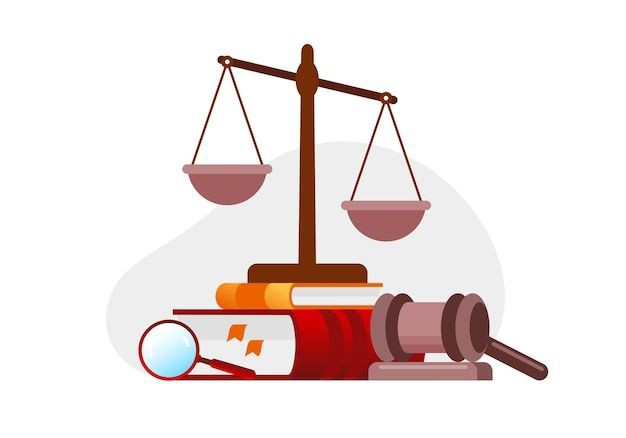
The Disabled and Judicial Procedure in India :
Those who are physically and mentally fit can sue others for their rights. The disabled on the other hand have to depend upon the fit person to take his matter to court, which means the dependence of the disabled on the non disabled in matters of pursuing his legal rights is fraught with the risk of being beguiled/misled and even cheated. Under the procedure followed by the courts as per the procedural laws a minor and a person of unsound mind can be represented by his next friend or guardian . Any other person who has capacity to enforce his rights can appoint an agent by means of a power of attorney. There is no provision in the law of procedure which permits safe representation on behalf of a disabled person that is a person whose disability is of a kind other than unsoundness of mind. The procedure of the courts must also be flexible enough to make concessions and adjustments where the litigant is physically and mentally disabled. The law must be specific and such matters cannot be allowed to remain at the whims and fancies of an individual judge or the vagaries caused by the opposite parties.
The law however makes no distinction in the competence of a disabled person to enforce his legal rights as a suitor, defendant , witness or in the various rights that are available to a suitor, defendant, appellant or respondent. Sections 11 and 12 of the Contract Act, 1872 renders a person of unsound mind incapable of entering into contract or transfering property. Also they have no right of franchise.
In matters of punishment, the judicial and legal system do not make any concessional provisions for the disabled accused and this depends largely on the kindness and discretion of the judge. No disabled person who is found guilty of a criminal offence or a civil liability can claim any special treatment before the judicial authority and procedure. However special procedures have been laid down in sections 328 to 339 of the Criminal Procedure Code, 1973 for trial of accused persons of unsound mind who are incapable of making their defence. S.84 of the IPC excepts a person who does any offence if he is in capable of knowing the nature of the act, or that he is doing what is either wrong or contrary to law.
The difficulties encountered by the disabled in pursuit of their legal remedies has to be addressed through measures of legal reform so that the disabled find it convenient and easy to follow judicial remedies. A disabled person should not be objected to his entering a court room with crutches or other aids. Efforts need to be made to treat the disabled with consideration and courtesy.
Under the Designs Act, 1911 which deals with the law relating to protection of designs any person having jurisdiction in respect of the property of a disabled person (who is incapable of making any statement or doing anything required to be done under this Act) may be appointed by the Court under Section 74, to make such statement or do such thing in the name and on behalf of the person subject to the disability. The disability may be lunacy or other disability.
Disabled Person as a Witness in Court
It has been provided in Section 118 of the Evidence Act, 1872 that all persons shall be competent to testify before a court unless the Court considers that the witness is prevented from understanding the questions put to them, or from giving rational answers to those questions because of their tender age, extreme old age, disease, whether of body or mind, or any other cause of the same kind. Even a lunatic person is competent to testify as a witness, unless he is prevented by his lunacy from understanding the questions put to him and giving rational answers to them.
From the above, it would be clear that a disabled person is competent to testify as a witness in a court unless he is prevented because of his disability from understanding the questions put to him and giving rational answers to them. In the case of a person with impaired hearing, so long as he is able to understand the questions put to him through use of sign language, and can answer them he is a competent witness. The court may, in such cases take the assistance of an expert in sign languages to facilitate communication with the Court. Similarly, a person with impaired vision can also be a competent witness so long as he can understand the questions put to him and answer them rationally.
So far as a person who is unable to speak, a specific provision is contained in Section 119 of the Evidence Act, 1872. This section provides that a witness who is unable to speak may give his evidence in any other manner in which he can make it intelligible, as by writing or by signs. But such writing must be written and the signs made in open court. Evidence so given shall be deemed to be oral evidence.
No disabled person therefore, can be prevented from testifying as a witness in a court of law or other authority empowered to receive evidence. Each instance of a disabled person coming to tender evidence in court will have to be seen in the light of the nature of disability and the inability of such person to tender evidence that the court can take on record.
